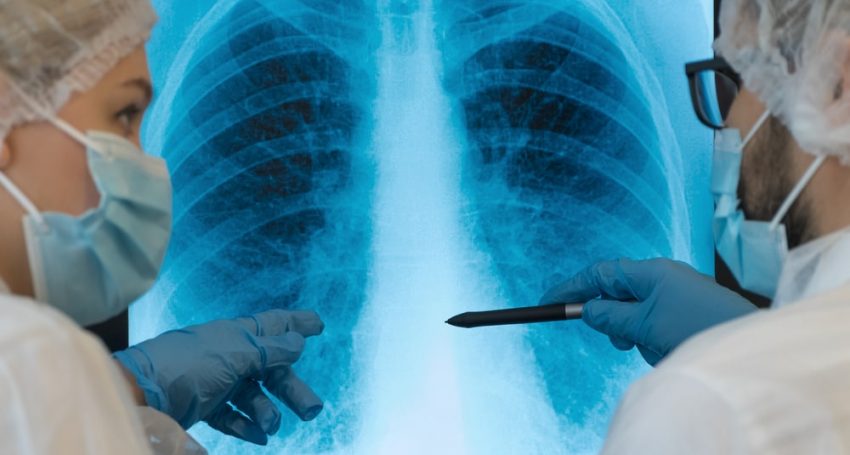Vitamin K deficiency causes complications in COVID-19 due to decreased vascular elasticity, suggested scientists from Belgium and the Netherlands. When it is deficient, the body “grows” blood clots on the walls of blood vessels to heal their damage – this is fraught with thrombosis.
The main functions of this nutrient include ensuring normal blood clotting and kidney function, the formation of bone tissue, and maintaining the function of blood vessels.
Vitamin K is divided into two groups: K1 and K2. K1 is primarily responsible for blood clotting, playing an important role in the prevention of thrombosis. K2 regulates the deposition of calcium phosphate in soft tissues, including the walls of blood vessels.
The body’s response to the virus involves the active work of the cardiovascular system, with the same active expenditure and the reserves involved in it of vitamin K. A deficiency may develop even within a few days if the intake of this nutrient from food is insufficient. This increases the risk of vascular damage, and the body begins to heal them with blood clots – this means a high likelihood of thrombosis. A large detached blood clot can block a vessel and even lead to sudden death.
“Given that vitamin K is important for lung health and the regulation of blood clotting, its deficiency during COVID-19 may worsen the patient’s condition,” the scientists concluded.


